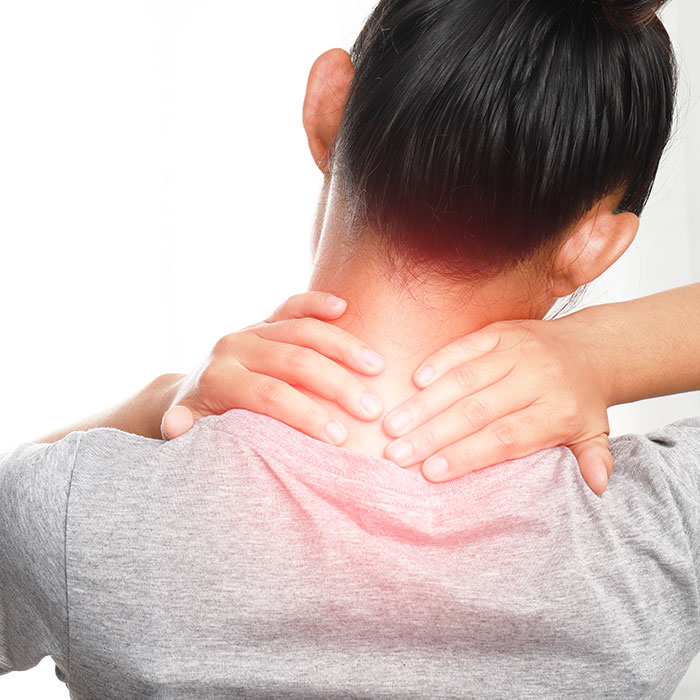
Neuromuscular Disorders
Neuromuscular disorders affect the nerves, especially those outside the brain and spinal cord (peripheral nerves). They also affect skeletal muscles, such as those in the trunk, arms and legs.
Most neuromuscular disorders :
Are present at birth (congenital).
Have a genetic component.
Can affect several generations in a family.
The most common neuromuscular disorders in children are muscular dystrophies, congenital myopathies, hereditary neuropathies (i.e., Charcot Marie Tooth), and spinal muscular atrophy.
Muscular dystrophy refers to several progressive muscle diseases that weaken the muscular system and impair movement, such as walking
Common Symptoms of Neuromuscular Disorders :
Weakness of the limbs
Walking abnormalities (e.g., toe walking)
Clumsiness or poor balance
Joint contracture
Delays or regression in motor development
Diagnosis of a neuromuscular disorder comes from a careful review of your child’s medical history and family medical history, as well as a combination of several specific tests.
Nemour Medical centre provides diagnostic assessment, treatment and therapy recommendations, orthotic design, and genetic counseling for pediatric patients with (suspected or confirmed) neuromuscular conditions.
